European Alternatives constitutes a unique organisation in that it combines political, educational, and cultural projects taking place simultaneously in many different cities and with diverse communities. The organisation’s unique model represents an experiment in transnational bottom-up democracy and participation bringing together all EA members to collectively shape the organization in its political, educational, and cultural positions. For this reason, a variety of researchers and theorists, universities and academic institutes, as well as educational institutions have conducted their research about the unique case of European Alternatives.
NGOisierung der EU-Politik?
LUISA MARIA SCHWEIZER | Humboldt University Berlin
So die Forderung der EU-Kommission hinsichtlich der zukünftigen Gestaltung europäischer Politik aus dem Weißbuch Europäisches Regieren, das im Frühjahr 2001 vorgelegt wurde. Als Akteure dieser geforderten Rückkoppelungen und Netzwerke gelten unter anderem nichtstaatliche Organisationen (NGOs), die sich vermeintlich EU-unabhängig mit europaspezifschen Fragestellungen beschäftigen.
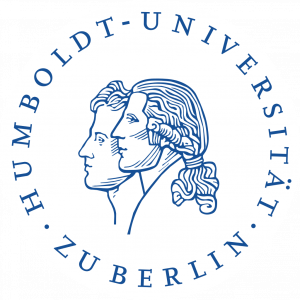
A Political Sociology of European “Anti-Politics” and Dissent
PAUL BLOKKER | Rivista sulle trasformazioni sociali – CAMBIO
The democratic nature of the European integration project is contested, and contestation and dissent seem to be on the increase, or at least becoming more visible, with the current economic crisis. A European project confined to transnational market-making is found wanting in terms of social competence as well as civic-democratic enablement. It seems undeniable that the attempts by the European Union (EU) to enhance its democratic standing have so far had limited success. For a political sociology of European democracy, an increasing gap between a European society and the formal-political world of the EU raises a host of significant and interesting questions. The article will tie in with some of the recent sociological studies that focus on European democracy, civil society, and social movements, and will contribute to the delineation of a specifically political-sociological approach to European democracy.
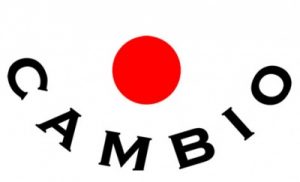
Identities in the Narratives of a European Civic Organisation
FRANCO ZAPPETTINI | Royal Holloway, University of London
Drawing on a study conducted with an association of citizens operating in the European public sphere and applying the Discourse Historical Approach, this paper investigates how the organisation’s members construct their transnational citizenship and how they negotiate it vis-à-vis European, national, and local identities. The analysis reveals that informants often claim their transnational identities as membership of an expanded community of relevance, through the transportability of their civic engagement and through meta-narratives of spatiality and progress whereby cosmopolitan scenarios are often reterritorialised within the European space. These arguments are frequently realised through the metaphorical scenario of ‘spatial dynamics’ which makes sense of identities as emergent from unbounded social interaction, and through the indexicality of transnational narratives as specific discourses of socio-historical transformation of nationhood.
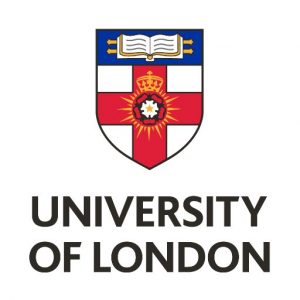
Culture for Europe: struggles for contemporary meanings & social understandings of Europe
Roch Dunin-Wąsowicz | London School of Economics and Politics
This thesis investigates struggles for meanings and social understandings of Europe taking place through cultural institutions, festival sites, and art projects. I claim that culture is a social field where meanings of Europe are made. I argue that meanings of Europe that emerge in these cultural sites are not prior or given, but are a result of struggles between the actors involved. They These meanings are to different degrees particular and autonomous, depending on the proximity of a given cultural site to the political structures of the state and the EU. This research identifies that actors who construct Europe’s meaning do so according to common patterns. Europe’s meanings evoke notions of unity – it is a symbol of coming together. At the same time, what different actors mean by Europe is an articulation of their particular ideals circumstances and aspirations, rooted in their direct contexts.
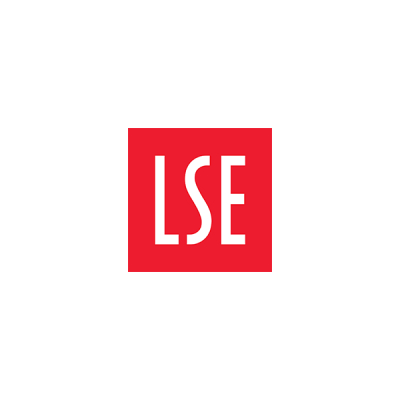
Trans*Europa*Lublin: Thoughts on queer-feminist art, activism and political critique in the Polish context
Katarzyna Winiecka | Springerin
A research about the free festival, run by the organisation European Alternatives and a transnational network of European activists, seeks to establish a shared political and cultural space to foster democracy, equality and culture outside the nation-state framework.
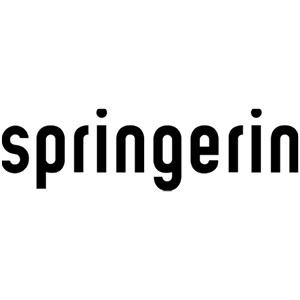
(Re)constructing national and supranational identities
Aleksandar Brkić | Goldsmiths, University of London
This research aims to connect the direct and indirect experiences of the author from former Yugoslavia (an attempt at supranational union) (Volcic, 2007) with the experiences of the European Union, both conceived as abstract concepts with permanent or occasional identity crises.
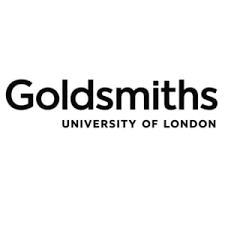
Time to go beyond interstate federalism – or something different?
Dieter Plehwe, Werner Krämer, Moritz Neujeffski, Alexander Meland, Ulrike Guérot. | Econstor
The European financial and economic crisis has shaken traditional beliefs and confidence in a one-directional move towards an ever closer union. Discussions regarding “Grexit” and the public vote in favor of “Brexit” have signaled strong anti-EU sentiment far beyond previous instances of dissatisfaction expressed by popular votes in France and the Netherlands opposing the European constitution, for example. Mainstream European integration scholars have started to seriously address disintegration theory; once a preserve of Marxist critiques of mainstream integration scholarship. European right-wing parties, foundations and think tanks openly advocate (partial) disintegration and, in particular, aim to interrupt centrist Social Democratic, Green, Liberal and Conservative cooperation in the European Parliament.
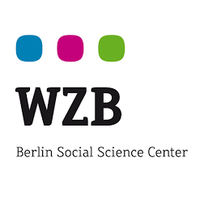
The discursive construction of Europeanness: a transnational perspectiv
Franco Zappettini | Birkbeck Institute, University of London
This thesis examines the construction of ‘European identity’ in the discourses of members of European Alternatives (EA), an association of citizens which characterizes itself as committed to the grassroots construction of a better society ‘beyond the nation-state’. By taking bottom-up and transnational perspectives, this study intends to fill a gap in the field of Critical Discourse Studies that seems to have largely underestimated the value of social action and the need to move away from ‘methodological nationalism’ in conceiving of how Europeanness is transformed and enacted. The study applies the Discourse Historical Approach (Wodak 2001) to a corpus of data comprising of four focus groups and nine individual interviews with EA members from 10 different branches across Europe.

Imagining EuropeTransnational Contestation and Civic Populism
PAUL BLOKKER | Palgrave Studies in European Political Sociology
Focuses on resistance and protest movements which challenge the existing (EU) crisis policies. Looks at leftwing movements with populist characteristics as well as right wing movements. Draws attention to constituent politics and constitutional discourses.
